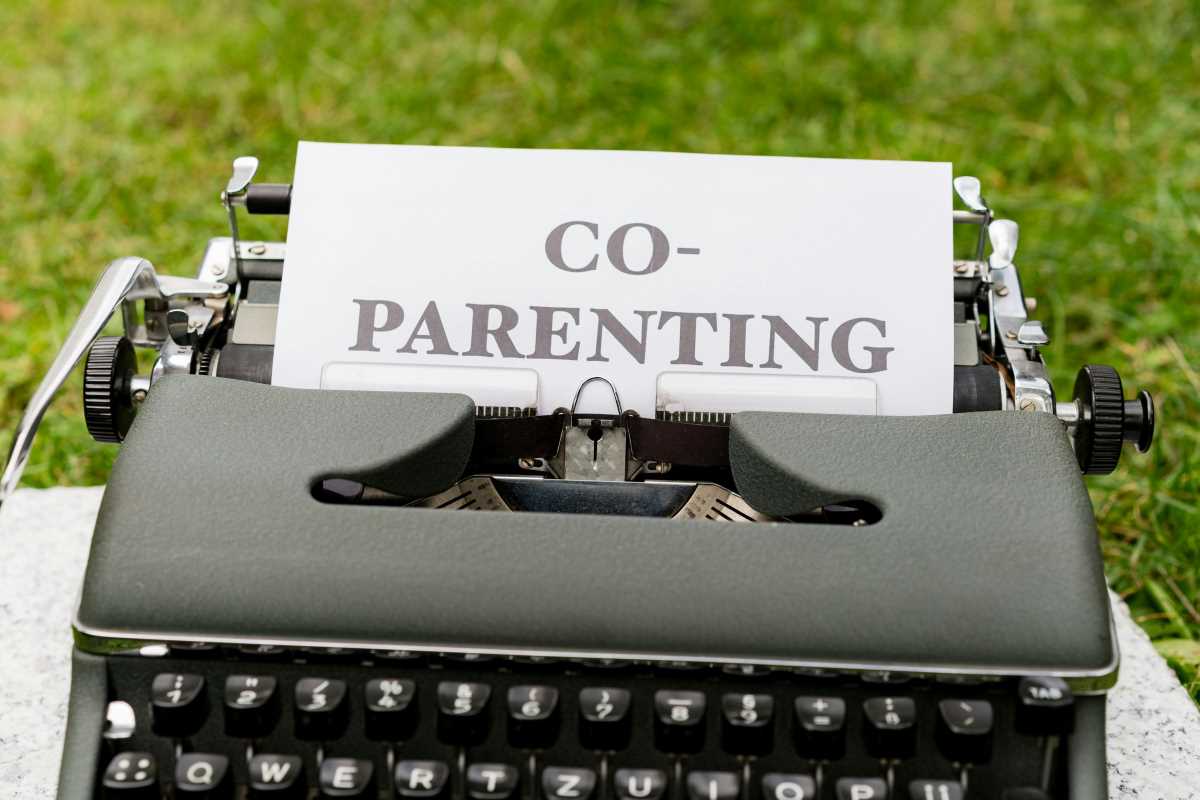Navigating co-parenting can be both rewarding and challenging. When parents decide to separate or divorce, ensuring the well-being of their children becomes a shared priority. However, differing opinions, communication hurdles, and lingering tensions can complicate even the best intentions. This is where family counseling becomes a valuable resource, offering practical strategies and emotional support to families aiming for co-parenting success.
For parents embarking on the co-parenting journey, family counseling not only eases the transition but also serves as a guide for creating a healthy, united partnership focused on the children’s needs. With patience and professional support, families can learn to work collaboratively, setting a foundation for a brighter future.
Understanding the Role of Family Counseling in Co-Parenting
Family counseling provides a structured, neutral environment where both parents can air concerns, set boundaries, and develop actionable plans that respect everyone’s needs, especially the children’s. The presence of a trained counselor ensures that conversations remain productive and solutions-focused. This professional guidance is vital in de-escalating conflict and turning difficult discussions into constructive ones.
A family counselor also acts as a mediator, prioritizing the children’s emotional and mental health. By addressing unresolved differences and teaching co-parents how to work as a team, counseling fosters a sense of stability and consistency for the entire family. These sessions aren’t just about resolving issues; they’re about building an enduring partnership grounded in shared goals and mutual respect.
Key Ways Family Counseling Supports Co-Parenting
Encouraging Healthy Communication
One of the most prominent hurdles co-parents face is miscommunication. Misunderstandings often arise when conversations are clouded by heightened emotions or resentment from the past. It’s common for conversations that begin with good intentions to spiral into unproductive arguments. This cycle can leave both parents feeling frustrated and unheard.
Family counseling can break this cycle. Counselors teach practical communication strategies, including active listening, where parents truly hear each other without interrupting or making assumptions. They also foster assertive speaking skills that allow individuals to express needs and concerns clearly and respectfully. For example, instead of saying, “You never prioritize our child’s bedtime,” a parent might learn to rephrase this as, “I think our child feels better during the day when they get consistent rest. Can we try to stick to the agreed schedule for bedtime?”
These communication tools serve as the foundation for every co-parenting conversation, whether it’s about daily logistics or sensitive topics. Over time, improved communication builds trust, reduces misunderstandings, and helps create a more harmonious co-parenting dynamic.
Establishing Consistent Parenting Strategies
Children thrive on routine, structure, and predictability. For children living in two households, consistency becomes even more important, as it provides them with a sense of security and stability. Without alignment between parents, children may experience confusion, anxiety, or even behavioral problems due to conflicting expectations.
Family counseling plays a crucial role in aligning parenting strategies. A counselor helps parents collaborate on key issues, such as discipline, curfews, and academic expectations. Take, for example, a scenario where one parent allows the child unlimited screen time while the other enforces strict limits. This inconsistency can cause friction between parents and confusion for the child. Through counseling, co-parents can discuss these differences and find middle ground, creating rules that both households can follow.
Another common challenge is managing transitions between homes. Counseling can help parents create smooth handoff routines. For instance, establishing drop-offs at a neutral location, such as a school or daycare, can reduce tension and set a positive tone for transitions. Ultimately, alignment on parenting strategies benefits not just the parents but also gives children the structure they need to thrive.
Navigating Emotional Challenges
Separating from a partner or adjusting to a co-parenting arrangement can stir up deeply rooted emotions such as grief, resentment, or guilt. These feelings don’t just disappear overnight, and if left unaddressed, they can seep into interactions with the other parent, potentially impacting the overall co-parenting relationship.
Family counseling offers a safe space for parents to process and work through these emotions. For example, a parent struggling with guilt over the separation might inadvertently overcompensate by being overly permissive. A counselor can help them explore these feelings and find healthier ways to support their child emotionally. Similarly, a parent harboring lingering anger toward their ex-partner can learn coping mechanisms to address and manage those feelings constructively.
On top of individual support, counseling can foster empathy between co-parents. By understanding each other’s emotional struggles, parents are better equipped to offer patience and cooperation, which can profoundly impact the family dynamic.
Strengthening Focus on Children’s Well-Being
Amid logistical challenges and emotional conflicts, it can be easy for co-parents to inadvertently lose sight of the children’s needs. This is where the value of family counseling lies. A good counselor ensures that the child’s well-being remains at the forefront of every decision. They often remind parents to view situations through their children’s eyes.
For example, a family may be grappling with a scheduling dispute, where one parent feels entitled to a specific holiday. Rather than focusing solely on parental desires, the counselor might pose a question like, “How do you think this decision may affect your child’s feelings about the holidays?” By centering the discussion on the child, co-parents can make more compassionate choices.
Additionally, counseling can empower children by providing them with an opportunity to express their feelings. Depending on the dynamic, the counselor may recommend family sessions where the child’s voice can be heard in a safe and supportive environment. This child-centric approach fosters emotional health, helping children feel seen, valued, and understood.
Preventing and Resolving Conflict
Conflict is nearly inevitable in co-parenting, but how it is managed makes all the difference. Family counseling equips parents with the skills needed to address disputes constructively and, when possible, prevent them from arising in the first place.
Counseling sessions may cover tools like negotiation tactics, anger management strategies, and compromise skills. For example, suppose one parent wants to enroll a child in a weekend soccer program while the other is concerned about it conflicting with existing routines. A counselor can guide the parents to explore creative solutions, such as compromising on a trial schedule or alternating weekends.
Preventative techniques are equally valuable. By helping parents anticipate potential friction points and establish a shared problem-solving framework, counseling minimizes the risk of unresolved disputes escalating into larger conflicts.
When to Consider Family Counseling
Co-parenting isn’t something most parents master automatically. It’s an ongoing process with its own learning curve, and external support can make a significant difference. Families should seriously consider family counseling if they notice any of the following:
- Frequent arguments or tension: If disagreements become a regular occurrence, counseling can help identify the root causes and improve communication.
- Difficulty aligning on parenting decisions: Whether it’s about discipline, education, or extracurricular activities, conflicting approaches often require professional intervention.
- Behavioral changes in children: Signs of anxiety, withdrawal, or acting out may indicate that children are struggling with the current co-parenting arrangement.
- Unresolved emotions interfering with parenting: Lingering negativity, be it guilt, anger, or grief, can often find resolution in a safe, guided setting.
- Complete communication breakdowns: When parents struggle to even hold a conversation, counseling provides tools and strategies to rebuild open dialogue.
Building a Foundation for Co-Parenting Success
Family counseling is about more than problem-solving. It’s about transformation. By addressing both practical and emotional challenges, it helps families lay the groundwork for a healthier co-parenting relationship rooted in cooperation, respect, and shared goals.
Parents who commit to working together through counseling often discover renewed possibilities for creating a nurturing and supportive environment for their children. A successful co-parenting partnership can make all the difference in a child’s ability to adapt and flourish after a family transition.
If you’re considering ways to improve your co-parenting experience, reaching out to a family counselor could be one of the most important steps you take. It prioritizes the well-being of your children and empowers you and your co-parent to collaborate more effectively, paving the way for a peaceful and supportive family environment.







